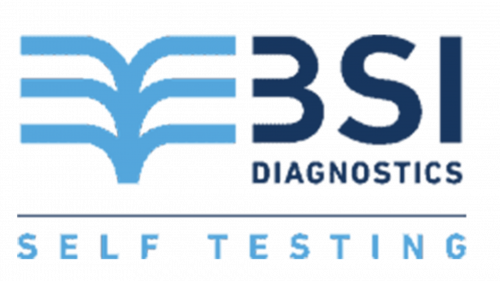After indulging in delicious food during New Year celebrations, the risk of elevated blood lipid levels, including cholesterol and triglycerides, becomes a major concern for many people. High blood lipid levels can trigger serious health problems such as heart disease, stroke, and metabolic disorders. This article discusses the causes of post-holiday blood lipid spikes, their impact on health, and preventive measures.
Causes of Elevated Blood Lipids Post-Holiday
-
High-Fat and High-Sugar Diets
New Year celebrations often involve consuming fatty, sugary, and low-fiber foods. Dishes like cakes, fried foods, and processed meats can raise LDL cholesterol (bad cholesterol) and triglyceride levels in the blood. -
Reduced Physical Activity
Holidays are typically associated with relaxation, leading many people to reduce physical activity. Lack of exercise can impair the body’s ability to effectively metabolize fats.
Health Impacts of High Blood Lipids
-
Coronary Heart Disease
High LDL cholesterol can accumulate on the walls of blood vessels, forming plaques that narrow arteries and increase the risk of heart attacks. -
Stroke
Plaques in blood vessels can also cause blockages, leading to strokes. High blood lipid levels significantly heighten this risk. -
Acute Pancreatitis
Extremely high triglyceride levels can trigger inflammation of the pancreas, known as acute pancreatitis, which can be dangerous if not treated promptly.
Preventing Elevated Blood Lipids
-
Adopt a Healthy Diet
Choose foods low in saturated fats, high in fiber, and rich in nutrients such as fruits, vegetables, fish, and nuts. Limit the consumption of processed foods and sugary beverages. -
Increase Physical Activity
Regular exercise, such as brisk walking, jogging, or yoga, helps lower blood lipid levels. -
Limit Alcohol Consumption
If you drink alcohol, do so in moderation. -
Consult Your Doctor
If you have a history of high cholesterol or cardiovascular issues, schedule regular check-ups and discuss a healthy lifestyle with your doctor.
A Practical Solution: Use the MULTICARE IN Meter
To help monitor cholesterol and triglyceride levels easily, you can use the MULTICARE IN meter. This multifunctional medical device is designed to measure three key blood parameters: glucose, cholesterol, and triglycerides. With advanced technology, MULTICARE IN meter provides convenience and high accuracy, enabling users to monitor their health independently at home. Its compact and user-friendly design makes it ideal for individuals seeking to maintain their health, especially after New Year celebrations proactively.
Features and Benefits of MULTICARE IN Meter:
-
MULTICARE IN meter is equipped with a test strip ejector
Safe to use, there is no need to pull the test strip manually. -
MULTICARE IN meter Up to 500 data memory
Large memory capacity makes it easy to validate previous test results. -
Be accurate using MULTICARE IN meter
The measurement method complies with ISO 15197:2015 standards. -
Customizable
The MULTICARE IN Meter is Suitable for both men and women, equipped with a correction factor to ensure accurate measurement results. -
3in1 Functionality
MULTICARE IN meter is capable of measuring cholesterol, triglycerides, and blood sugar levels in one device.
Conclusion
Maintaining normal blood lipid levels after New Year celebrations is crucial for long-term health. By adopting a healthy diet, regular exercise, good lifestyle habits, and using tools like the MULTICARE IN meter, you can reduce the risk of serious diseases associated with high blood lipids. Let the New Year be a moment to start a healthier lifestyle.
References
- American Heart Association. (2023). Understanding Fats and Cholesterol. https://www.heart.org
- Insert Kit MULTICARE IN meter
- Mayo Clinic. (2023). High Triglycerides: Lifestyle and Dietary Recommendations. https://www.mayoclinic.org
- National Heart, Lung, and Blood Institute. (2022). Cholesterol Management. https://www.nhlbi.nih.gov







